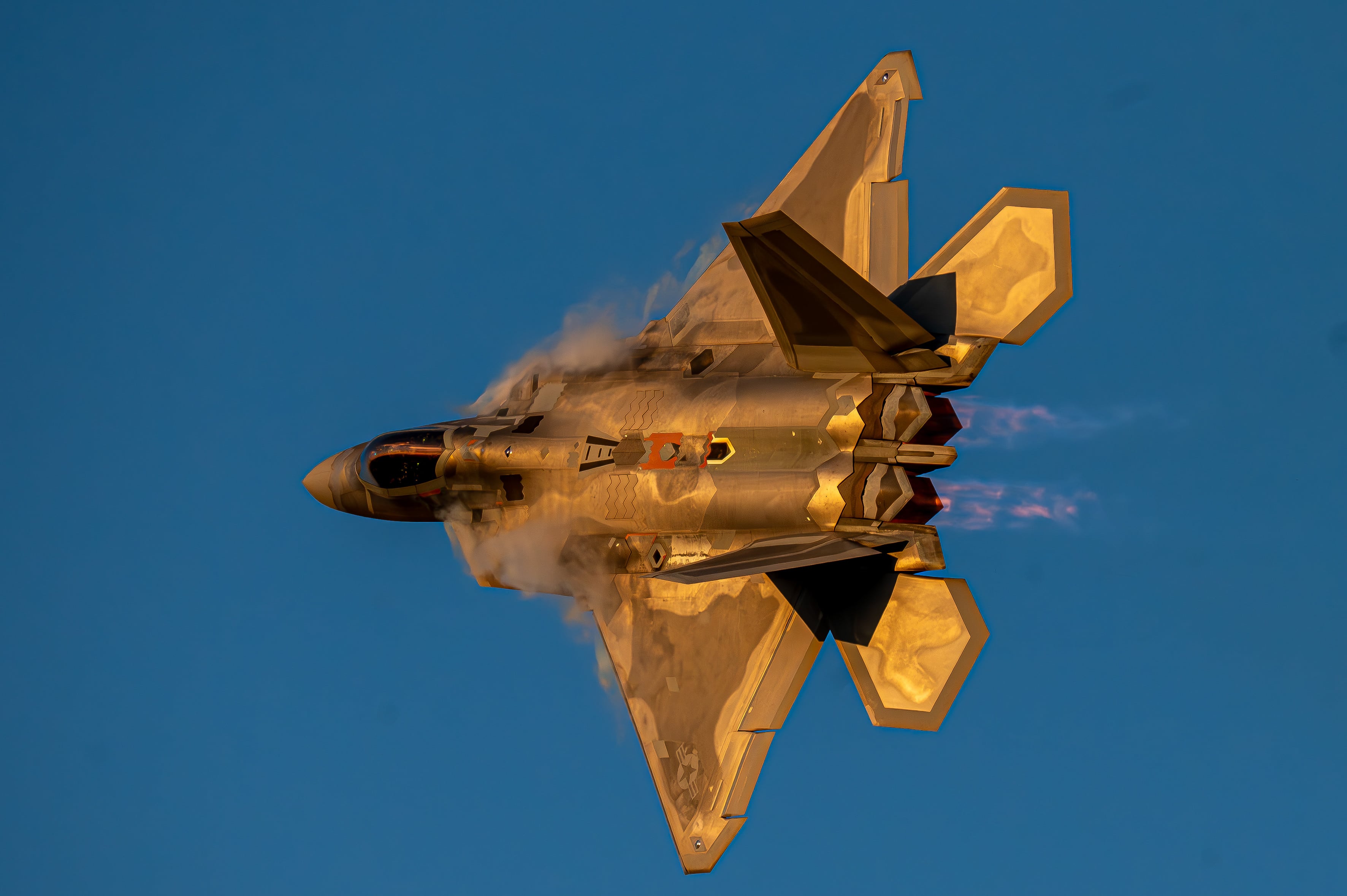Social media reports surfaced Thursday of an energy drink ban at Fort Drum, as the popular U.S. Army W.T.F. Moments Facebook page shared an image of an apparent Army and Air Force Exchange Service sign saying that “Energy drinks have been removed by order of the garrison.”
We at the Military Times Observation Post are dedicated to reporting the news that matters most, so we called the Fort Drum Garrison, AAFES, and a couple Joes we know to get to the bottom of this could-be travesty.
Our source on the ground, who spoke on condition of anonymity due to the potential shame of being quoted, reported that the sign was legitimate, and shared a photo of a similar sign on the fully stocked energy drink machine in his barracks.

“I’m going to point out [that] these signs have been on at least our barracks vending machine for probably 2 to 3 months,” our source said. “They have been getting restocked.”
And when our intrepid source trekked over to the PX to see if the energy drinks had disappeared there, he found fully stocked machines without the sign. Perhaps the ban is intended only for the barracks?
Shortly after that discovery, Chris Ward, AAFES spokesperson, reached out to Military Times.
“[Energy drinks] have been removed from the barracks,” Ward said. “I confirmed it with the [Exchange] GM there, and that is in fact the case.”
Ward explained that garrison command had requested the change, but that he didn’t know why it had occurred, or why it was only within the barracks.
Noting that some machines were still receiving stock, Ward said, “I hadn’t heard that.” So I apologize to anyone on Fort Drum whose vending machines are empty on Monday morning –– it’s probably my fault.
But why were the signs even there in the first place? Don’t people know that the entire U.S. military has been fueled by the likes of Wild Tiger and Rip-Its for nearly two decades?
A spokesperson for the Fort Drum Garrison, Julie Halpin, explained it in an email.
“Energy drinks were removed from the vending machines as part of an initiative to provide healthier options to Soldiers living in the barracks,” she said, adding that it wasn’t solely Lucas’ decision.
“This was done, not by the command of the Garrison Commander, but as a cooperative effort between the Garrison, 10th Mountain Division and AAFES,” Halpin said, insisting, “there was no particular incident that led to this change in beverage options, just an ongoing effort to optimize the health of our fighting force.”
There won’t be Fort Drum MPs with energy drink-sniffing dogs sweeping the barracks and kicking in the door for your Bang Energy any time soon, luckily. So far as we can tell, it’s not contraband if you buy it elsewhere.
“I am not tracking any limits on energy drinks in barracks, nor any effort to put one in place in the future,” explained Halpin, denying that this is a “ban” on energy drinks. “I haven’t seen the signs you’re talking about being in pictures, but this was never considered ‘a ban on energy drinks’ from Fort Drum or 10th Mountain Division’s perspective, rather, an effort across multiple venues (food snack machines included) to offer healthier options to our Soldiers.”
But this development has caused our anonymous E4 mafia source a great deal of concern about how he might survive field exercises in the frozen tundra that is upstate New York without the “anti-freeze dual functionality of energy drinks.”
It was not immediately clear whether any enterprising specialists had started energy drink reselling rings in the wake of the news. Our source has experience scalping similar items during a training center rotation, he said, so you know he’s likely already clearing the shelves at the Walmart in the nearby town of Calcium.
The 10th Mountain Division’s senior enlisted leader, Command Sgt. Maj. Mario Terenas, took to his official Facebook page to dispel rumors of a post-wide ban.
It may not be a ban, but it’ll sure feel like one to any crusty soldier who encounters a vending machine devoid of his beloved energy drinks.
Editors’ Note: This story has been updated to clarify the statement by AAFES spokesman Chris Ward.
Davis Winkie covers the Army for Military Times. He studied history at Vanderbilt and UNC-Chapel Hill, and served five years in the Army Guard. His investigations earned the Society of Professional Journalists' 2023 Sunshine Award and consecutive Military Reporters and Editors honors, among others. Davis was also a 2022 Livingston Awards finalist.
Tags:
fort drum energy drink banfort drum barracks energyenergy drink army banenergy drink army barracksbarracks energy drinksIn Other News














